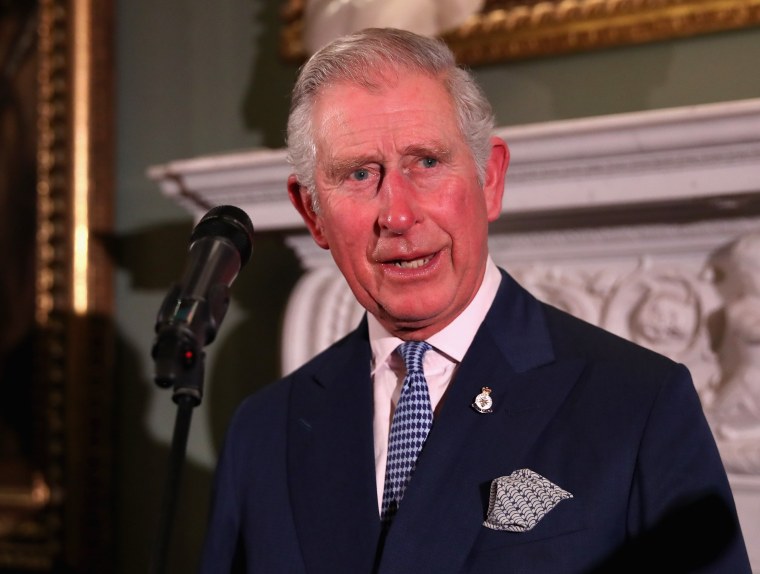LONDON — The heir to Britain's throne spoke out Thursday, saying the wave of anti-immigrant populism sweeping the world has "deeply disturbing echoes" of the Nazis' persecution of Jews in the 1930s.
Prince Charles,the queen's eldest son, said his parents' generation "fought and died in a battle against intolerance, monstrous extremism and an inhuman attempt to exterminate the Jewish population of Europe.
"That nearly 70 years later we should still be seeing such evil persecution is to me beyond all belief," he added. "We owe it to those who suffered and died so horribly not to repeat the horrors of the past."
He made the comments as a guest contributor on "Thought for the Day," a scripted monologue broadcast each morning during BBC Radio 4's breakfast news show, "Today."
The prince was urging listeners to be more compassionate about migrants and refugees. Some 65.3 million people across the world have been forced to leave their homes, according to the United Nations.
"We are now seeing the rise of many populist groups across the world that are increasingly aggressive to those who adhere to a minority faith," Charles said. "All of this has deeply disturbing echoes of the dark days of the 1930s."

The prince did not cite any politician or party but his comments apparently refer to the wave of anti-immigrant populism linked to the victories of Donald Trump and Britain's Brexit campaign.
These election wins have emboldened far-right groups across Europe, some of whom are now eyeing success in other elections. In England and Wales, incidents of religious or racist abuse rose 41 percent in the month after the Breixt vote in June, according to government figures.
Charles also linked the refugee crisis to Christianity and Islam.
"I wonder if this year we might remember how the story of the Nativity unfolds with the fleeing of the holy family to escape violent persecution," he said. "And we might also remember that when the prophet Muhammad migrated from Mecca to Medina, he did so because he too was seeking the freedom for himself and his followers to worship."
